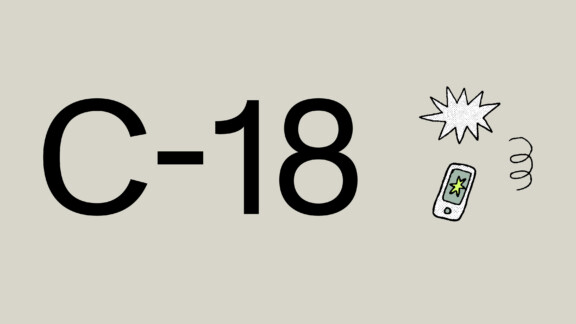
Recently, the Canadian government passed Law C-18. Its only objective: to reestablish the balance of revenues between aggregators (Meta – Facebook and Instagram – and Google) and journalistic organs. Revenues generated by local media are slowly but surely being reduced to the benefit of large technological players. The result: local media are finding it hard to come up with financial models that will allow them to maintain the quality of their activities.
In response to Law C-18 and the complete refusal of negotiations with Canadian media and other bodies, Meta, immediately followed by Google, announced at the beginning of the week the removal of all Canadian news from its algorithms. This refusal shows both a lack of sensitivity to local realities and a willingness to directly attack access to quality information. The expected impacts of this law (which will come into effect in December of this year) will be enormous: the flourishing of fake news, disinformation, globalization of news, etc. Let us note that this follows hard on the heels of the explosion of generative writing (ChatGPT et al) by AI…. generalized solutions that these platforms have already employed to rapidly generate content.
Faced with this setback caused by Meta and Google, the Canadian and Quebec governments, along with several major media groups like Québecor and Cogeco, announced yesterday, July 5 2023, that they would remove all advertising investments on platforms owned by Meta and its subsidiaries.
Cartier’s point of view
We are a 100% Quebec-owned agency that holds fast to the idea of contributing to the growth and richness of local media ecosystems. Cartier wishes to reiterate its intention to favour and preserve the independence and maintenance of pertinent and original local news. Over and above our media footprint, we also want to take part in the protection of a healthy democracy and a just and equitable sharing of information for everyone.
From the first tentative steps of the local media index (IMI) created by the A2C in May, 2020, Cartier has demonstrated time after time clear means of maximizing the use of local media: local technological solutions for audience management, proprietary targeting tools without using third-party data, contextual approaches bringing creative and media together, etc.
If there were ever a moment when the worlds of marketing and journalism must rally together, it’s today, and our media investments can make all the difference. To do this, Cartier pledges to review each of its planned media investments and to drastically limit media placement on Meta platforms (Facebook, Instagram) as well as Google, in favour of local media. All this while equipping ourselves with clear indicators to support our ambitions.
What will the effect be on future advertising campaigns?
Our teams will propose, where doable and justifiable, different options to reduce the allocation of budgets associated with Meta and Google.
Cartier also commits to holding frank discussions with all of its clients about this subject. The IMI index will be systematically added to each of our presentations, while the proportion of investments delivered on Meta and Google will also be scrutinized. The idea: assuring ourselves that any eventual investment on these platforms is truly justified and inescapable.
What’s next
It’s likely that the situation will evolve over the next few months. It goes without saying that Cartier will be following every development very closely and will adapt its approach should anything change.
